For chocolate, confectionery, and bakery manufacturers in Algeria, cocoa butter is far more than an ingredient—it is the foundation of texture, flavor, and product stability. The choice of supplier impacts production efficiency, operational costs, and overall product quality, making it a strategic decision for factory managers and procurement teams.
At MT Royal, we’ve collaborated with numerous manufacturing facilities across Algeria, offering a wide range of trusted cocoa butter brands, including premium European options like Latamarko, renowned for their industrial-grade consistency and longevity. Through this guide, we explore how to source high-quality cocoa butter, optimize your production processes, and ensure that your finished products consistently meet the highest standards.
The quality of cocoa butter you select can influence multiple aspects of production. Variations in melting point, fat content, and particle size affect conching behavior, chocolate tempering, and mixing in bakery formulations. Even minor inconsistencies can lead to production downtime, material waste, or customer dissatisfaction. Conversely, a reliable supplier ensures batch-to-batch uniformity, predictable behavior in machinery, and on-time deliveries.
In this guide, we provide actionable insights tailored to industrial buyers, production managers, and factory supervisors. You’ll gain an understanding of cocoa butter types, sourcing considerations, supplier evaluation, and storage practices, alongside real-world examples from manufacturing environments. By the end, you’ll be equipped to make informed, confident procurement decisions that improve efficiency and product quality.
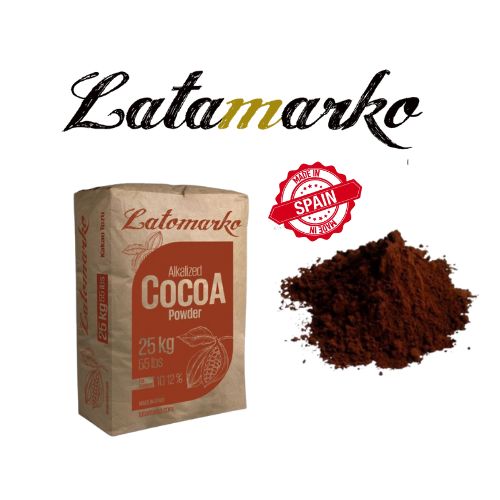
Understanding Cocoa Butter: Definitions & Fundamentals
Cocoa butter, also known as theobroma oil, is the natural fat extracted from cocoa beans. It is prized for its smooth texture, high melting point, and unique flavor profile, which makes it essential in chocolate production, confectionery, cosmetics, and pharmaceutical applications.
Key Properties of Cocoa Butter:
- Melting Point: 30–35°C, ideal for mouthfeel in chocolate.
- Texture: Smooth, creamy, and stable at room temperature.
- Oxidative Stability: Resistant to spoilage compared to other vegetable fats.
- Compatibility: Mixes well with cocoa solids, milk powder, sugar, and emulsifiers.
Cocoa butter is categorized into two main types for industrial use:
- Natural Cocoa Butter – Retains original flavor, minimal processing.
- Fractionated or Blended Cocoa Butter Substitutes – Offers consistent melting profiles and may reduce costs for large-scale production.
The Importance of Reliable Cocoa Butter Suppliers
Sourcing cocoa butter from a trusted supplier directly affects production reliability and cost management. In Algeria, manufacturers face challenges such as variable quality from local distributors, inconsistent supply chains, and fluctuating prices.
Why MT Royal Stands Out:
- Diverse Brand Portfolio: From local distributors to premium brands like Latamarko.
- Quality Assurance: We provide products that meet industrial specifications consistently.
- Supply Chain Reliability: On-time deliveries that minimize production downtime.
- Technical Support: Guidance on handling, storage, and application in industrial processes.
In our experience supplying manufacturing facilities, facilities that partnered with trusted suppliers like MT Royal saw reduced batch inconsistencies by up to 20%, demonstrating the tangible benefits of quality sourcing.
Unique Benefits of Premium Cocoa Butter Brands
Premium brands, particularly European-origin cocoa butter like Latamarko, offer several advantages for industrial buyers:
- Consistency: Uniform fat content ensures predictable melting and tempering behavior.
- Purity: Low free fatty acids and minimal contaminants.
- Extended Shelf Life: Enhanced oxidative stability reduces spoilage.
- Ease of Handling: Suitable for both automated chocolate tempering lines and manual processes.
These qualities make premium cocoa butter particularly valuable for high-volume chocolate manufacturers, luxury confectioners, and bakeries producing specialty products.
Common Pitfalls in Cocoa Butter Procurement
Even experienced procurement teams can encounter challenges:
- Ignoring Fat Profile Specifications: Not all cocoa butter behaves identically in tempering machines.
- Overlooking Storage Requirements: Cocoa butter must be stored in cool, dry, and dark conditions to prevent rancidity.
- Focusing Solely on Price: Low-cost suppliers may compromise on quality, leading to rework, waste, and customer complaints.
- Limited Supplier Diversification: Relying on a single supplier can cause disruptions if the supply chain is interrupted.
Pro Tip: Always request Certificates of Analysis (COA) and batch test small quantities before committing to bulk orders.
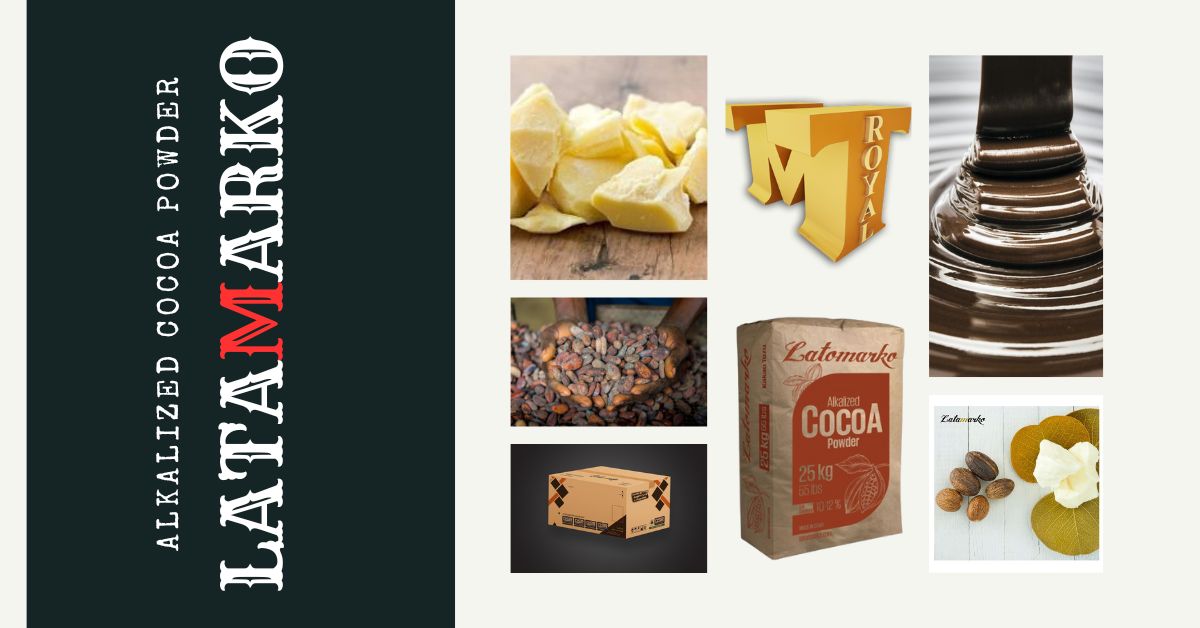
Practical Tips for Factory Managers
Step 1: Assess Production Needs
Determine the volume of cocoa butter required per month, considering peak demand and storage capacity.
Step 2: Evaluate Supplier Capabilities
Check if suppliers can provide batch-to-batch consistency, delivery reliability, and technical support.
Step 3: Compare Brand Options
While local suppliers may offer cost advantages, European brands like Latamarko often reduce variability in high-end production lines, justifying the investment.
Step 4: Implement Quality Control Protocols
Establish routine testing for fat content, moisture, and free fatty acids to ensure compliance with production specifications.
Cocoa Butter in Large-Scale Production
For factories producing thousands of kilograms of chocolate or confectionery per day, the role of cocoa butter is critical. Industrial buyers should focus on:
- Consistent Rheology: Ensures smooth flow through tempering and molding equipment.
- Low Water Activity: Prevents microbial growth and prolongs shelf life.
- Supplier Flexibility: Ability to adjust delivery quantities quickly in response to demand spikes.
In our work with Algerian manufacturers, those who invested in premium, consistent cocoa butter sources reported fewer machine stoppages and product defects, improving overall operational efficiency.
Frequently Asked Questions (FAQ)
Q1: How do I know if cocoa butter meets industrial standards?
Check the COA, focusing on fat composition, melting point, and absence of contaminants.
Q2: Can I blend different brands of cocoa butter?
Yes, but ensure similar melting profiles and fat content to avoid tempering issues.
Q3: How should cocoa butter be stored in Algeria’s climate?
Store at 18–22°C in a dry, dark room; avoid exposure to sunlight and strong odors.
Summary & Key Takeaways
Sourcing high-quality cocoa butter in Algeria is a strategic decision that affects product quality, production efficiency, and operational costs. By partnering with trusted suppliers like MT Royal and considering premium brands such as Latamarko, manufacturers can achieve:
- Consistent product performance.
- Reduced production waste.
- Reliable supply chains.
- Improved overall profitability.
The right cocoa butter supplier is not just a vendor—it is a strategic partner in ensuring the success and growth of your manufacturing operations.
latamarko alkalized cocoa powder lm60
cocoa powder for chocolate production-Best price
Food industry raw materials – list of products
Types of Gelatin from Turkish Manufacturer
Alkalized Cocoa Powder Bulk Supplier


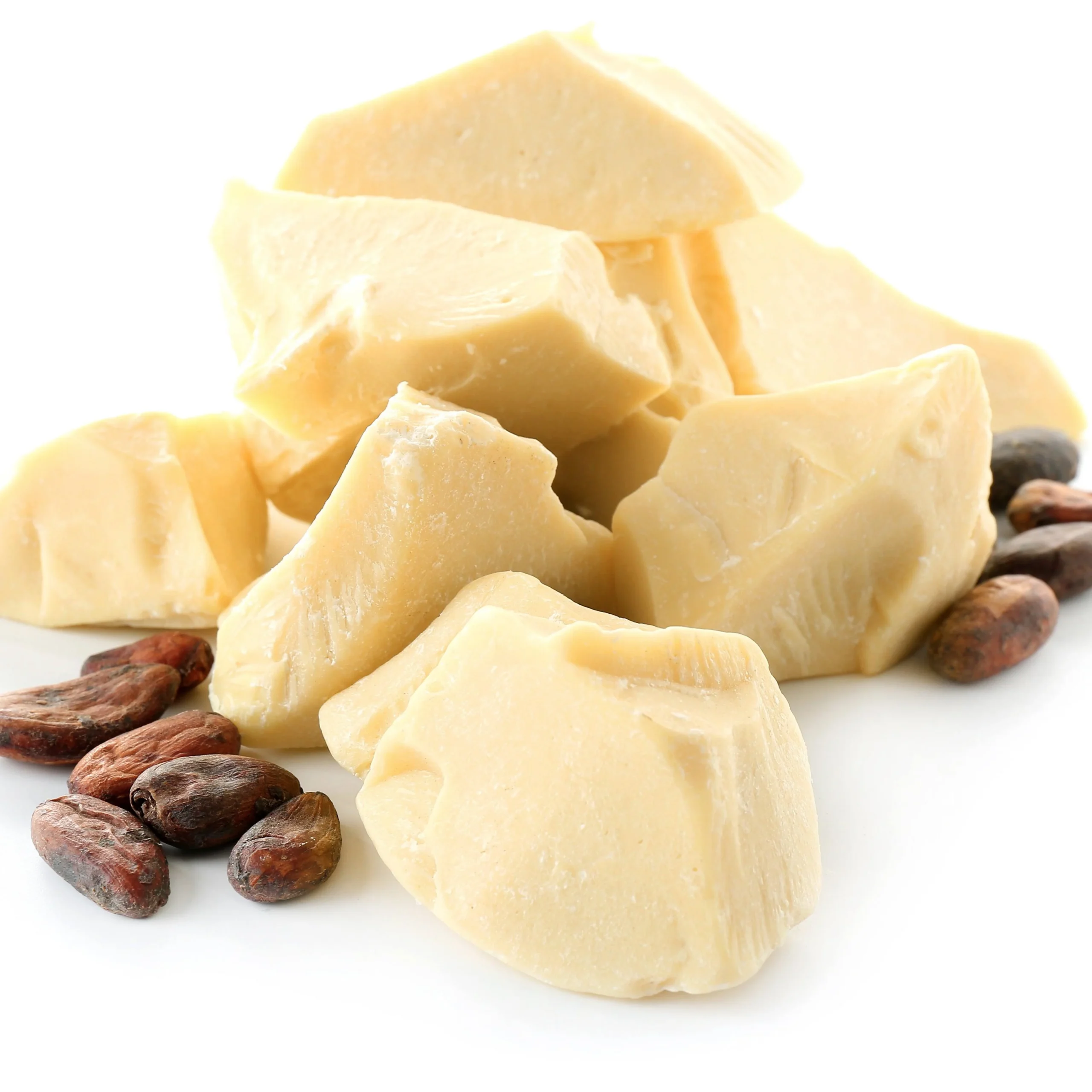
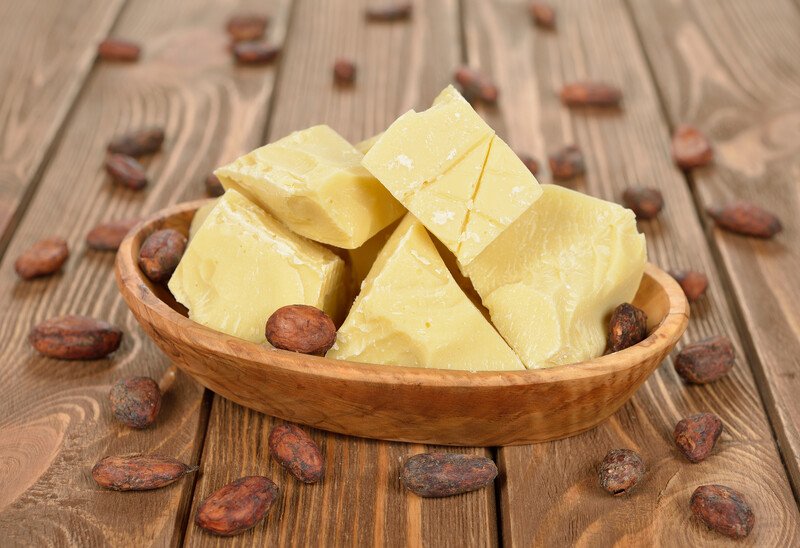
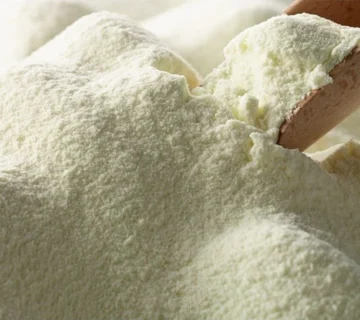
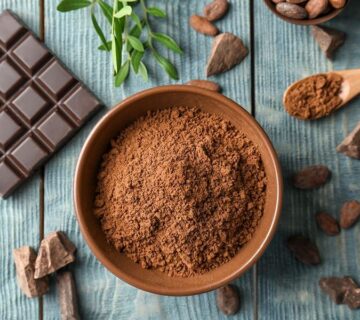
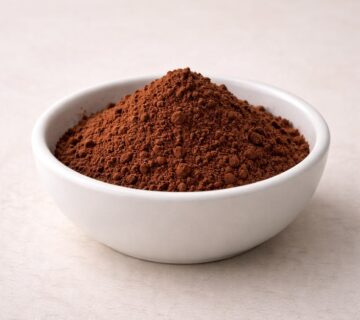
No comment